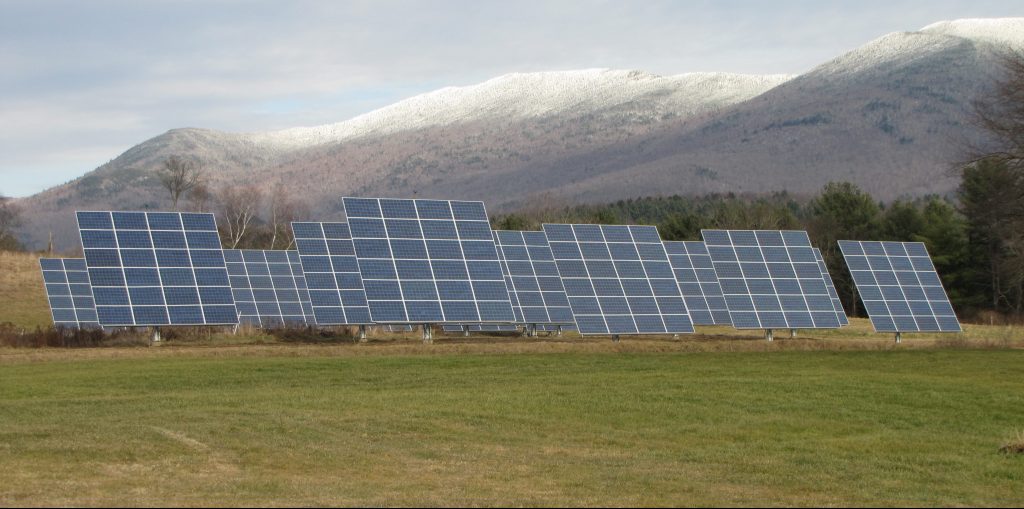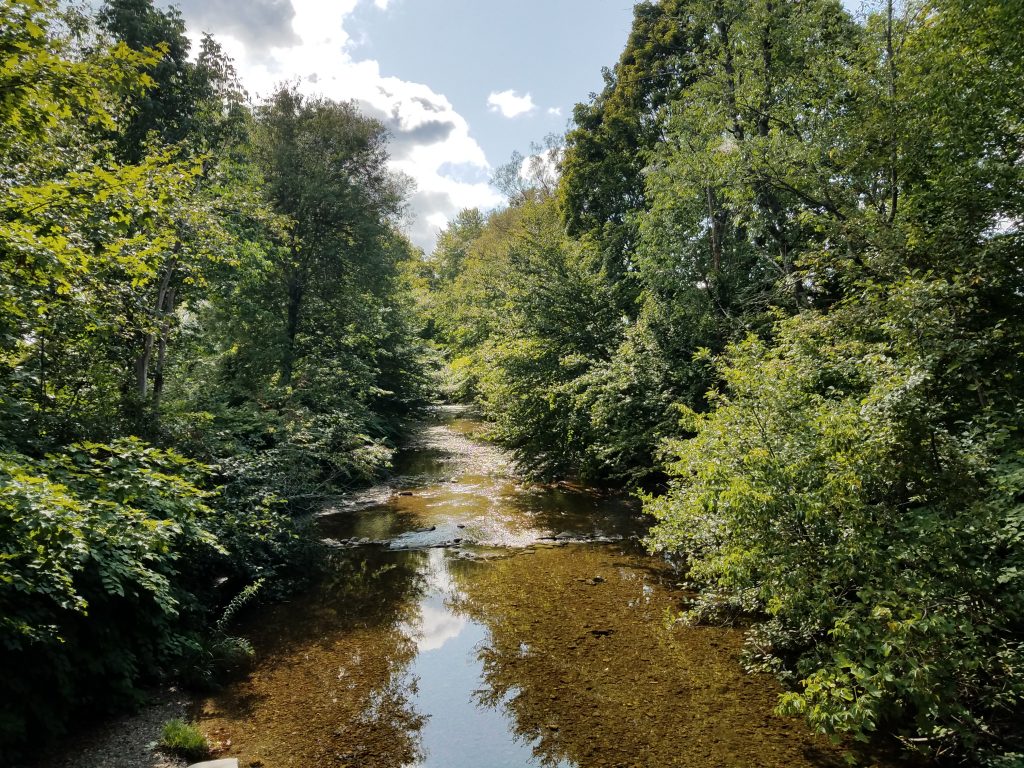What is Act 250?
Vermont has been able to maintain many of its picturesque landscapes and historic settlements, in large part thanks to Act 250. Act 250 has guided large-scale development in the state since 1970, with the goals of safeguarding our farms and forests, preventing sprawl, protecting our natural resources, preserving and enhancing habitat for birds, fish and wildlife, and helping our towns balance growth with community health and welfare.
Act 250 is an environmental review and permitting process that regulates development in Vermont by reviewing the largest development projects for their potential impacts on the surrounding area. There are ten criteria used to evaluate a project, related to issues such as water, transportation, and conformance with local and regional plans.
There are many ways the Vermont we know and love has been shaped by Act 250. For example, Act 250’s review of impacts to agricultural land has helped keep more of this important, finite resource from being permanently lost to development. Act 250 has protected vital wildlife habitat, such as bear habitat and deer wintering areas, helping to ensure that we have healthy wildlife populations. Act 250 has played a vital role in ensuring developments address impacts on rivers, streams, lakes, ponds, and floodways. And Act 250 has provided a voice for Vermonters in helping shape significant projects that include major ski area expansions, quarrying, major housing developments, and industrial development.
The next 50 years
While Act 250 has served Vermont well, there are environmental challenges that exist today that were not a focus of concern in 1970 when the policy was enacted.
In recognition of this, in 2017, the Vermont Legislature established the Commission on Act 250: The Next 50 Years to examine ways to improve Act 250 as the program approaches its 50th year. The Commission’s report was released in January 2019, and demonstrates that Act 250 is not meeting important policy goals – particularly those related to our land use patterns.
Modernization provides an opportunity to ensure our forests, waterways, and wildlife habitats are maintained; our water and air are kept clean; our working lands are developed sustainably; our communities remain vibrant through the economic vitality of our downtowns; and our environment is resilient against climate change.
We support Act 250 modernization policies that will:
- Protect and maintain the viability of agricultural and working forest lands, and reduce the fragmentation of intact forests.
- Improve protections for our natural resources, including birds, fish and wildlife.
- Help enrich downtowns and villages and reduce sprawl by promoting compact development while discouraging scattered, incremental development.
- Update criteria in a way that ensures development reduces energy use and makes Vermont more resilient against climate change.
- Adopt an improved appeals process that is more efficient, more affordable, and more accessible to affected members of the public.
- Provide more capacity, training, and resources to District Commissioners in order to improve the review process for the 21st century.
- Ensure that Act 250 continues to serve a key role in shaping development in Vermont, along with local planning and development review, state investments, and other policies.
Read more
In 2018, VNRC created a set of recommendations to strengthen the environment, communities, and the Act 250 process into future generations. Read it here and learn more at https://vnrc.org/act-250/.







